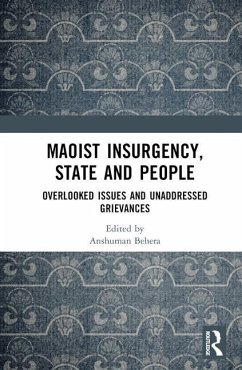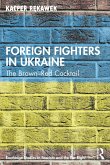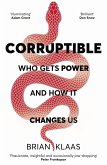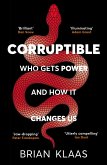This book critically studies descriptive, normative and ethical aspects of violence to understand the Maoist conflict in India. It studies important but often overlooked issues such as reasons for youth participation in insurgency, the reality and the rhetoric of the urban Maoism debate, rights and entitlements of the local communities and their interactions with the Maoist conflict, and issues of governance and development.
The volume:
examines the origins of Maoist insurgency, why it continues, the factions, counterinsurgency, impact of violence on education and other development indicatorsinvestigates how a conflict with an alternative idea of democracy violently clashes with an established democratic Indian statedeals with the critical aspects of the Maoist movement in India and the status of Urban Maoism or Urban Naxalevaluates state responses to the movement and its impact on the economic status of affected communitiesdiscusses the gender dimension of armed conflict through a feminist lens and explores how women navigate through varied socio-cultural and gender norms while participating in the conflict
Studying a wide range of critical issues, this volume will be of interest particularly to scholars of political science, development studies, public administration, security studies, peace and conflict studies and human rights.
The volume:
examines the origins of Maoist insurgency, why it continues, the factions, counterinsurgency, impact of violence on education and other development indicatorsinvestigates how a conflict with an alternative idea of democracy violently clashes with an established democratic Indian statedeals with the critical aspects of the Maoist movement in India and the status of Urban Maoism or Urban Naxalevaluates state responses to the movement and its impact on the economic status of affected communitiesdiscusses the gender dimension of armed conflict through a feminist lens and explores how women navigate through varied socio-cultural and gender norms while participating in the conflict
Studying a wide range of critical issues, this volume will be of interest particularly to scholars of political science, development studies, public administration, security studies, peace and conflict studies and human rights.








